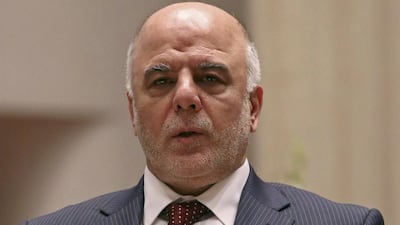Facing down the threat of extremist militants in Iraq and Syria via the mechanisms outlined above is one part of the puzzle, but it is equally important to achieve economic cooperation between rival Arab states. Doing so would almost certainly help stop the cycle of violence that blights this region.
Economists gathered in Bahrain this week to discuss the best ways to tackle poverty and high rates of unemployment in key parts of the region. Both these factors have fuelled unrest since December 2010, when protests in Tunisia marked the opening moments of the regional uprisings known as the Arab Spring.
Experts at the conference, organised by the International Institute for Strategic Studies, called for a Gulf-funded “Arab Marshall Plan” to funnel aid into Yemen, Libya, Iraq and Syria. Gaza also urgently needs at least $7.8 billion for reconstruction following Israel’s brutal offensive.
The original Marshall Plan pumped money, resources and expertise into Europe after the Second World War and helped revitalise a continent devastated by years of conflict. A large-scale and well-funded “Arab Marshall Plan” – and experts called for up to $100bn of funding from GCC countries – could do the same for the Middle East.
There is a precedent for such action. Earlier this year the UAE provided Egypt with a $6 billion aid package in the form of cash, interest-free loans, guaranteed fuel supplies and funding for health, education, housing and transport projects after Abdel Fattah El Sisi became president following the disastrous administration of Mohamed Morsi.
If there has been one positive to come out of the rise of ISIL, it is that the mutant militant group and its toxic brand of statehood has brought a renewed sense of cooperation to the peaceful countries of the region.
It has also brought a greater understanding that there is strength in unity and that coordinated action is more powerful than independent endeavour. A well-funded economic programme could deliver equally powerful results and benefit both the donors and the recipients.

